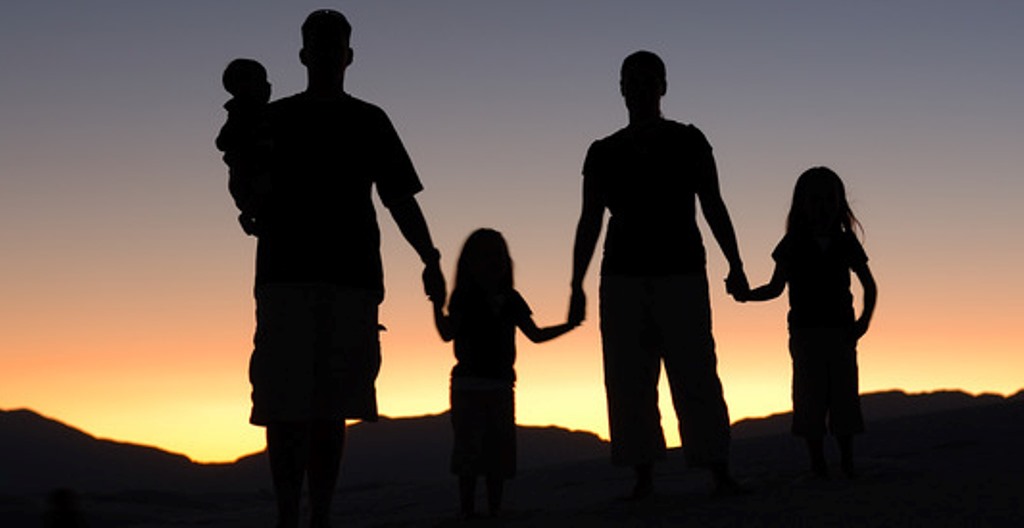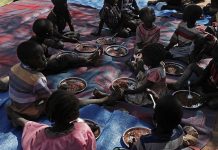AS life becomes more challenging, forcing both parents in the family to work full time, parenting continues to be a daunting task, with religious leaders now saying something must be done to save children from a number of social problems.
According to the clerics, failure by parents to have time to stay with their families, both they and their children become the losers in terms parental bonding and moral upbringing.
Speaking during a one-day workshop in Dar es Salaam organised this week for religious leaders and other faith institutions from Tanzania Mainland and Zanzibar by Tanzania Interfaith Partnership (TIP) under the sponsorship of the United Nations Children’s Fund (UNICEF), participants said parents must change their parenting behaviour.
The Chairman of Muslim women in Mainland Tanzania under the overall umbrella Muslim Council of Tanzania (Bakwata), Ms Shamim Khan, said that parents should desist from the practice of leaving housegirls and siblings to raise children.
“Experience shows most of these housemaids and siblings who take care of our children at our homes are themselves still children. In other words they don’t have the skills of how to provide care to children,” she said.
Director of the Department of Women and Children in the Ministry of Labour, Empowerment, Elderly, Women and Children, Ms Nasma Chuma, said majority of house maids are not trained on how to discharge their responsibilities, a situation that puts children in danger.
“If you trace the background of most house maids, you may realise that most of them search for domestic work as their last resort to earn their living due to abject poverty. Such people cannot provide proper care to the children,” she said.
She said some house maids tend to have a dark history of their life and when they meet children they revenge for whatever was done to them, meaning that children become the victims of revenge acts.
Tanzania Interfaith Institution (TIP) Director, Ms Saida Mukhi, said it was one of its responsibilities to remind faith leaders and faith institutions on the important duty of promoting good and responsible parenting and family care.
“Religious leaders play an important role in society and if they use their positions well, we will achieve the goal of building a better generation,” she stressed.
UNICEF Child Protection Officer Zanzibar, Mr Ahmed Rashid Ally, remarked that there was need to find a way of crafting a training programme for house maids since Tanzanians had no culture of taking children to day care centres.
However, he could not explain how the programme could be implemented. In his presentation, Mr Ally cited the core pillars of the good family and strong nation agenda such as care, protect and communicate.
He explained that the protect pillar reminded parents and caregivers on how they protect and respond to abuse of children with disabilities, as well as discussing child rights and responsibilities and communication to male and female children with disabilities.
A counsellor psychologist, Ms Betty Jayne, said the process of promoting better parenting in the country was a programme that encouraged parents and caregivers to create a loving environment that promotes child well-being.
Sociologists explain that most common parenting challenges that parents who work full time face include scarcity of time, failure to impart moral values to their kids, giving them an opportunity to get involved in undesirable activities and lack of emotional bonding with their kids.
The participants came from Christian Council of Tanzania (CCT), Muslim Council of Tanzania (Bakwata), Tanzania Episcopal Conference (TEC), Office of the President of Zanzibar and other faith leaders from Zanzibar.







